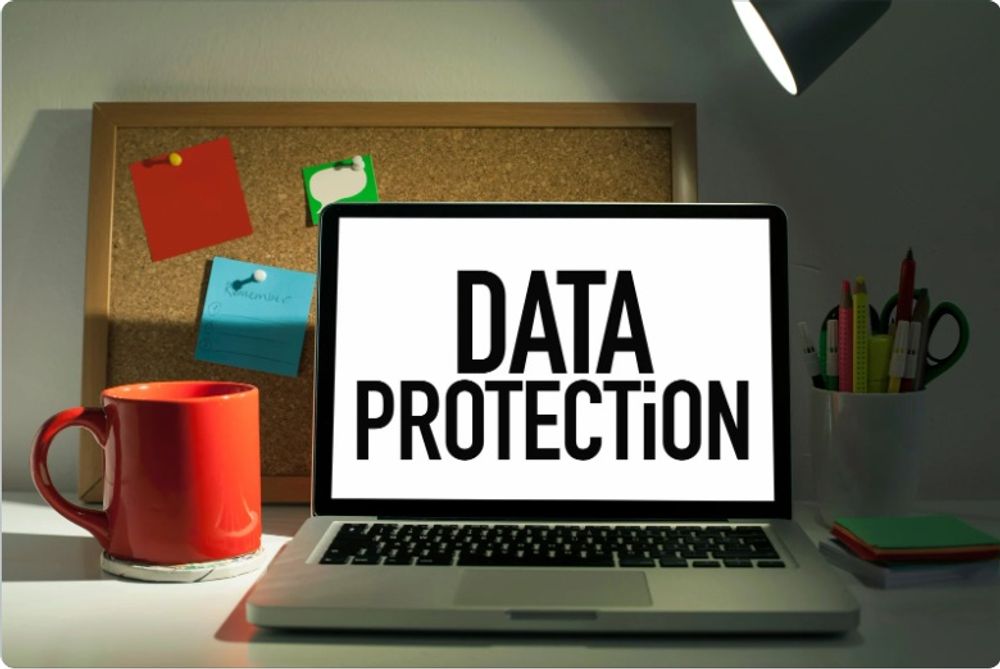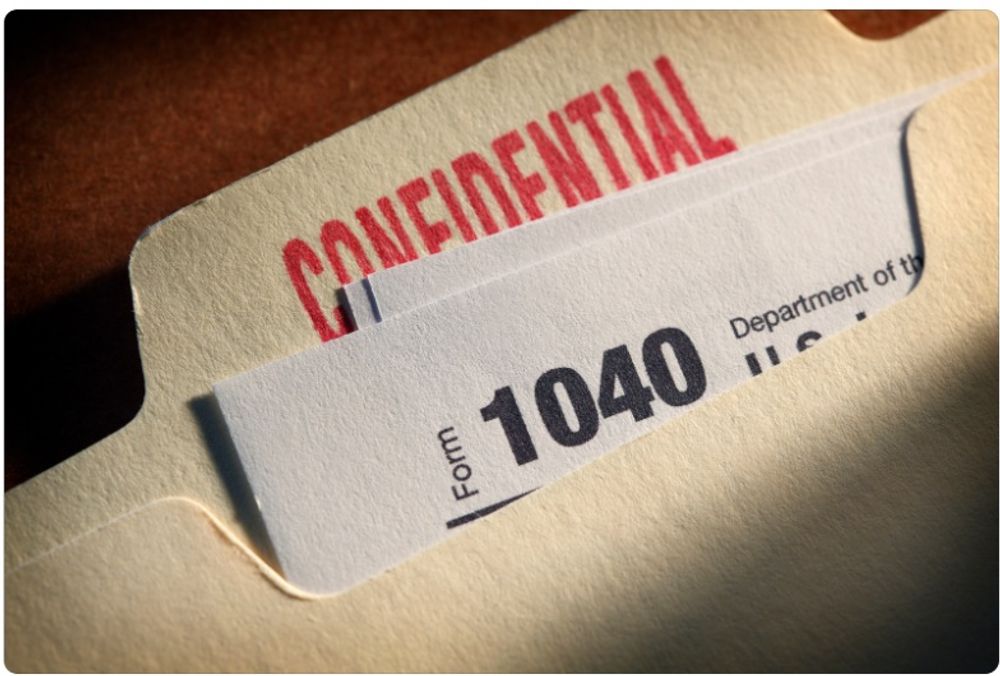The IRS is making big changes that could affect your business. New audit rules are coming, and with cyber threats on the rise, the IRS is urging all tax professionals to set up a Written Information Security Plan (WISP). At the same time, cuts to IRS funding and staff could cause delays in the 2026 filing season. Here’s what you need to know—and how to stay ahead.

-
IRS Audit Changes & Data Risks: What Businesses Must Know

CLICK HERE TO READ THE FULL ARTICLE »
-
IRS Warns of Phishing Scams Ahead of October 15 Deadline — Use Free File to Stay Safe

The IRS is warning taxpayers and tax pros about a rise in phishing scams—fake emails and texts trying to steal your personal information. If you still need to file taxes before the October 15 deadline, make sure you're protected. In this post, we explain how to spot scams and safely file your return using IRS Free File.
CLICK HERE TO READ THE FULL ARTICLE »
-
IRS Launches 2025 Identity Theft Campaign for Tax Pros: Stay Protected

The IRS’s new campaign—“Protect Your Clients; Protect Yourself”—is a wake-up call. Identity theft is not slowing down. But you don’t need to live in fear. By following smart, simple steps and staying informed, you can keep your firm and your clients safe.
Think of data security like locking your office door—it’s just part of being a professional.
CLICK HERE TO READ THE FULL ARTICLE »
-
IRS Resignation 2025: Why the Tax Data Deal with ICE Is Making Headlines

The IRS is under fire after its acting commissioner resigned over a controversial agreement to share tax data with ICE. This blog breaks down what the deal means, why it’s raising concerns about taxpayer privacy, and how it could impact undocumented immigrants and the future of tax reporting in the U.S.
CLICK HERE TO READ THE FULL ARTICLE »
-
Massive IRS Data Leak: How to Protect Your Tax Information with a CPA

A shocking IRS data leak has exposed the personal tax information of over 400,000 taxpayers, raising serious concerns about data security. When private tax details fall into the wrong hands, identity theft and fraud become real threats.
This breach is a reminder that no tax record is 100% safe—but there’s a smart way to protect yourself. A Certified Public Accountant (CPA) can help safeguard your financial data by securely filing your taxes, detecting fraud early, and handling IRS issues on your behalf. Unlike online tax software that stores your information in large databases vulnerable to hacks, a CPA keeps your tax records private and secure.
Want to learn how to keep your financial data safe? Read on to discover why working with a CPA is one of the best ways to protect your tax information.
CLICK HERE TO READ THE FULL ARTICLE »
-
How to Protect Your Tax Information from Leaks and Hacks

The IRS data leak is a serious reminder of how important it is to keep your tax information safe. While some things—like government data breaches—are out of our control, there’s still a lot we can do to protect our personal information.
- Keep your SSN private.
- File taxes early.
- Avoid scams.
- Use a trusted tax preparer.
- Secure your online accounts.
By following these steps, you can reduce your risk and keep your tax data safe from hackers and identity thieves.
CLICK HERE TO READ THE FULL ARTICLE »
-
IRS Warns About Tax Preparers: Why a CPA is Your Best Choice for Safe & Accurate Filing

Tax season is here, and the IRS is warning taxpayers to choose their tax preparers wisely. Filing with the wrong preparer could result in costly mistakes, IRS penalties, or even identity theft. But there’s a safer option—working with a Certified Public Accountant (CPA). CPAs ensure accurate tax filing, protect your personal information, and help you maximize your tax savings.
In this article, we’ll explore the dangers of unqualified tax preparers and why hiring a CPA is the best decision for your financial security.CLICK HERE TO READ THE FULL ARTICLE »






